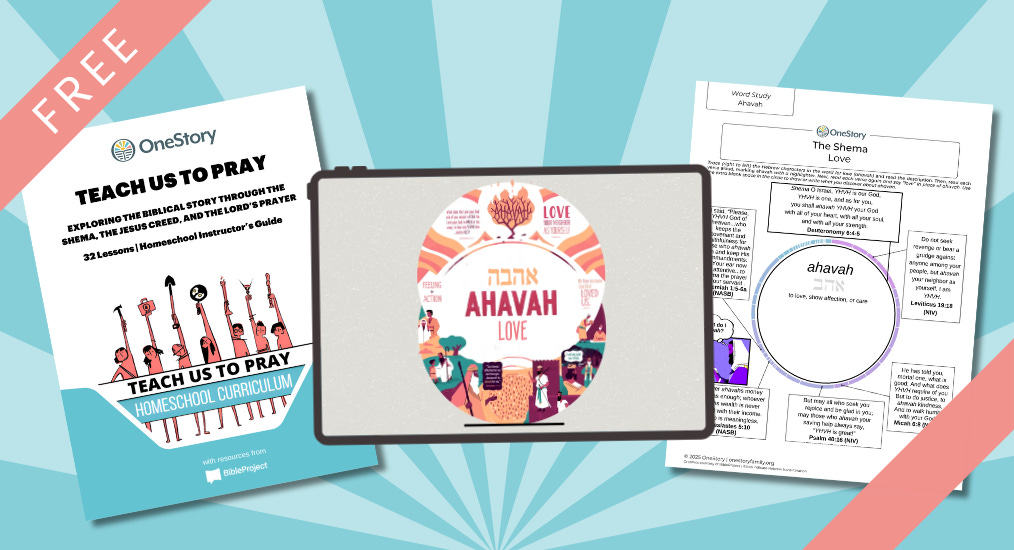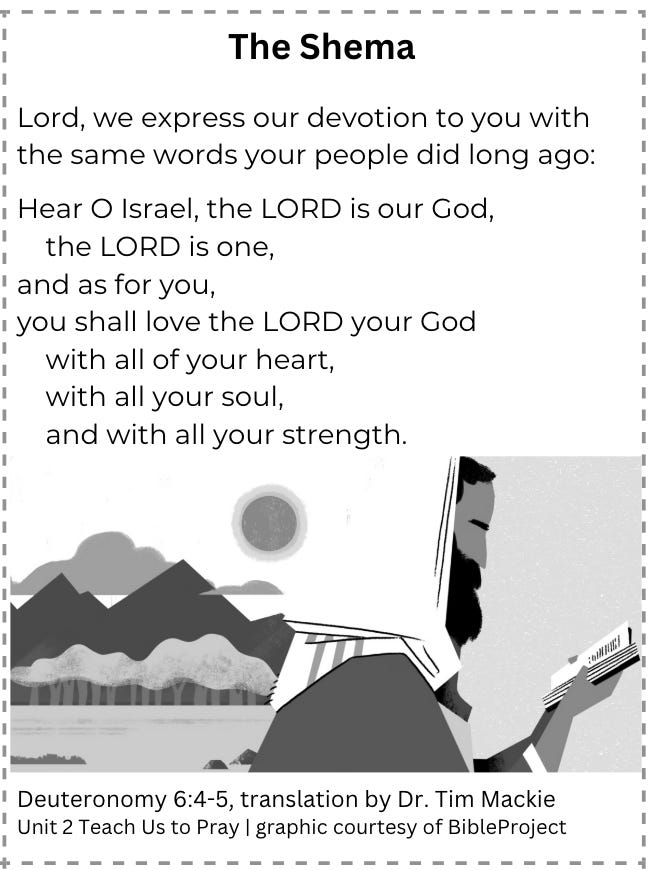Dear fellow StoryDwellers — this week’s letter is from my OneStory co-founder, Nicole Howe. I’m so delighted for you to see this glimpse of her heart. - Amber
“All you need is… love?”
I’ve been a fan of The Beatles for most of my life. For years, their music has been the soundtrack to evenings spent cooking together as a family, and now I can hardly help but associate certain songs with memories of sizzling pans skipping over blue flames and knives drumming against teak cutting boards. And most importantly - the joy and delight of simply being together, well-fed and grateful.
I seem to have succeeded in passing down my love for The Beatles to the next generation, too.
I was delighted when my youngest daughter, ever the artist, once started a project with the exuberant command, “Alexa! Play the Beatles!” This even morphed recently into a thing we like to call “Beatles and Baking” where we play Beatles music while whipping up a delicious dessert like cinnamon rolls.
For us, The Beatles = Creativity + Family.
It’s stunning how quickly our minds create associations. Whether it’s that one cologne from high school, the smell of the library stacks at your old college, or a word or phrase repeated over you as a child…these simple things can instantly ignite our imaginations, flooding our minds and bodies with memory and emotion.
I wonder what comes to mind when you read the famous lyrics above.
Maybe, like me, the melody of The Beatles’ song instantly plays in your head, like a record needle hitting a vinyl disc. Or maybe your thinking wheels start turning as you wonder about the deeper truth (or untruth?) of them. Where have you heard an idea like this before? What do these lyrics make you think of?
A Biblical Imagination
The people of God would have associated memories and experiences with the word love, too. For the past few weeks, we’ve been reflecting on the Prayer of Shema found in Deuteronomy 6.
The command to love is an important feature of the whole prayer:
Hear, O Israel: The LORD our God, the LORD is one. Love the LORD your God with all your heart and with all your soul and with all your strength. (Deut. 6:5, NIV)
This is the same prayer Jesus would have grown up praying. And it’s the same prayer he quoted when he taught his disciples to love God and to love their neighbor as themselves.
The word for love in this passage is ahavah. What would it have meant to the Israelites? What memories might have lit up their imaginations when they heard it?
In the Hebrew scriptures, the word ahavah isn’t just something you feel, it’s something you do. If you love someone — if you feel affection for someone — then it should move you to act and respond.
In other words, ahavah is something you demonstrate, not simply something you say. This idea is caught in our popular modern phrase, “Love is a verb.” Or to some extent, “Actions speak louder than words.”
So, when God calls Israel to love Yahweh with all their hearts, souls, and strength, they likely would have easily associated it with a call to action.
For the Israelites, Ahavah = Feelings + Actions
We Love Because He First Loved Us
But even more, an imagination alive with the truth of scripture would associate the word ahavah with all the ways Yahweh had first shown ahavah to them.
Throughout the Bible, the Israelites are commanded to return to and remember how God had rescued them, delivered them, loved them, saved them, pursued them, and delivered them — to remember all the times God was moved by his love for them and to act on their behalf and demonstrated what ahavah really means.
Over time, the word ahavah began to illuminate their imaginations with countless stories passed down from generation to generation about Yahweh and his loving-kindness. Like in Deuteronomy 4:37, where we read,
Because of God’s ahavah for your ancestors, he brought you out of Egypt with great power.
This echoes beautifully in the New Testament when Romans 5:8 tells us that
God demonstrates his own love for us in this: While we were still sinners, Christ died for us.
When it comes to ahavah, Yahweh makes the first move. Then He calls us to action in response to the love that was first shown to us.
Love Is All We Need?
It’s impossible to capture the meaning of a big word like love with a simple dictionary definition.
In many ways, the true meaning of ahavah is a story — a story all about Yahweh — the Source of all love - saving, rescuing, and taking action to demonstrate His great love.
In the same way a Beatles song holds years of vivid memories cooking in my kitchen, the whole story of God — and the experiences, and emotions that come to mind as we reflect on that story — can help us more deeply connect with what it really means to ahavah. And it’s more than any words can say.
Just before sitting down to finish this post, I came home from running an errand and walked in to see my daughter at the kitchen table painting. And I soon heard the familiar sound.
“I needed my Beatles music for painting!” she declared.
I had to laugh at the timing. As I said, I’m glad to have passed on my passion. But I have to admit, the more I immerse myself in the biblical story, the more I find myself disagreeing with the idea that love is all we need.
For such a complicated subject, the reality is actually quite simple. For us humans…
All we need = Yahweh
Our Prayer
The Shema calls us back to Yahweh as the source of all love.
Remember, it’s not just a personal prayer. It’s a family prayer. And our families have been grafted into an even larger one. As a family in Christ, we can pray together:
Yes, Adonai, we hear you. You are God. You are God alone — the source of all love. Help us to love you with all our heart, soul, and strength. In Jesus’ name, amen.
Grace and peace to you and your family,
Nicole
Explore the Shema with Your Family
Today’s letter is a reflection on the sixth lesson of OneStory’s free Teach Us to Pray curriculum. If you’d like to explore the Shema with your family, Teach Us to Pray is a great place to start.
Next week, our devotional reflections will continue exploring each main word in the Shema. If you’ve missed the first two reflections on the Shema, you can read them here:
February’s Prayer
This community grows from word of mouth, so we love it when you…
OneStory is supported entirely by donations from people like you. Your donations enable us to create more resources and help more families explore the Bible and practice the way of Jesus together.












